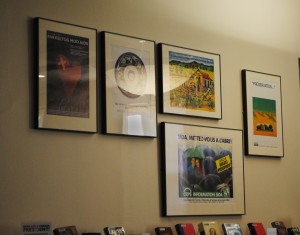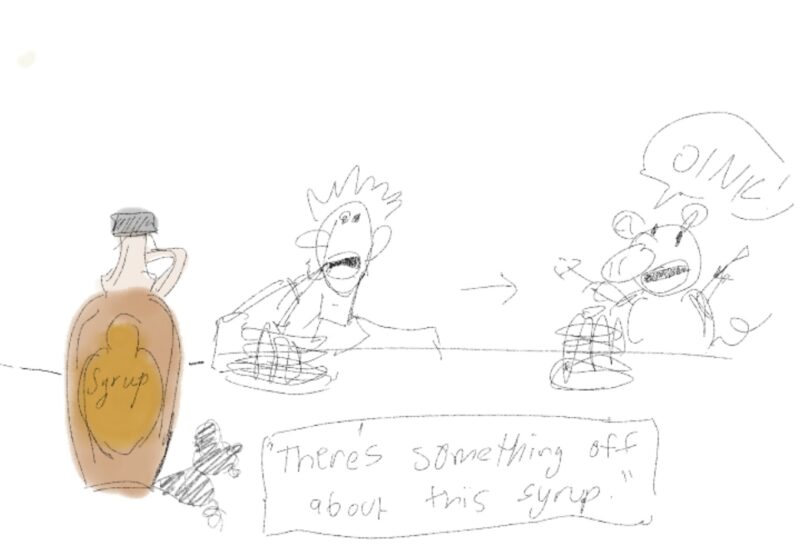The digitized collection of AIDS Education Posters from the Rare Books Library, launched last month, is connecting UR’s past, present and future community with over 6,200 posters about AIDS awareness.
Professor emeritus of the UR Medical School Dr. Edward Atwater, who graduated from UR’s medical school in 1950, donated his personal collection of AIDS awareness and prevention posters to the library in 2007. From there the digitization process, which involved scanning each poster, was begun by Rush Rhees Library staff. After two years the website is now available for browsing, just in time to commemorate the 30th anniversary of the identification of AIDS as a disease.
“Several things came together at once for us,” Director of Rare Books and Special Collections Library Richard Peek said. “The donation of the AIDS posters … gave us an extremely important visual research collection — what we believe to be the world’s largest AIDS poster collection. But equally important were certain outside factors, not the least of which is this year’s 30th anniversary of the first diagnosis of HIV in 1981 by Dr. Michael Gottlieb, a UR medical alumnus.”
In collaboration with this anniversary, departments across UR are utilizing this resource for research and for events that are being planned throughout the rest of this semester and next year, including a talk arranged by the UR Humanities Project program that brought Gottlieb to UR on Thursday, Oct. 27. At this event, more than 300 people from the River Campus, Medical
School and the community attended, showing that the website appeals to more than just students doing research in the humanities.
“I think that it’s a pretty good resource, and the quality of the scans is amazing,” associate professor of art and history Joan Saab said. “Anyone that’s interested in graphic arts, community health, the history of AIDS and the visualization of disease and anybody who’s interested in the evolution of outreach can go and look at them.”
Outside of the UR community, the website is receiving a lot of publicity in both print and digital media, such as articles in Salon and the Atlantic. While UR is affiliated with the poster collection, its digital format ensures that a wide-spread audience can view and learn from these posters, which date back to 1982.
“Very few people are going to come to Rochester and go to the Rare Books collection and look at these posters, but thousands will look at them online,” Saab said. “Having it digital helps make it available to so many more people.”
From one man’s personal collection to a resource that can be used by many, the digitized posters continue to foster AIDS awareness, tying the past 30 years to the continued fight against the spread of the disease.
To view the collection visit aep.lib.rochester.edu.
Olfano is a member of the class of 2012.






